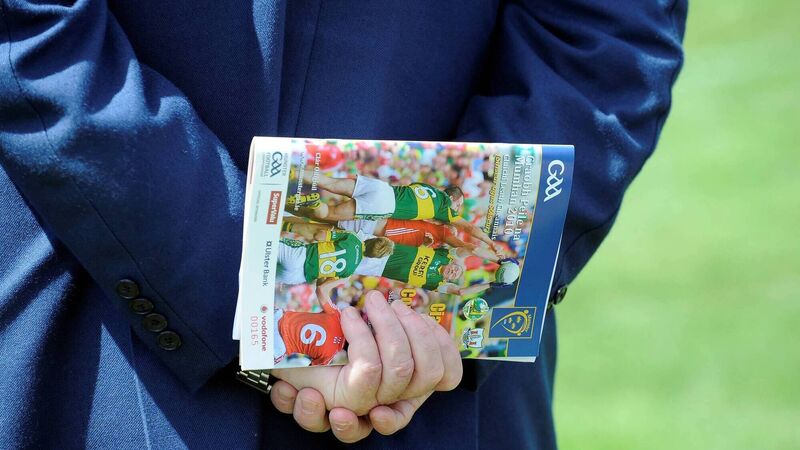Michael Moynihan: Is it heresy if we abandon the revered list?

The team sheet, like so much of sports coverage, is a list. Is it heresy if we abandon the revered list? asks Michael Moynihan. Picture: Dan Linehan
Many thanks to the man who got in touch during the week to express sympathy with me, a poor wretch with no sport to write about for weeks to come. Yes, I and my ilk are the real victims.
The absence of live action leaves more time to read - I was going to be truly pretentious there and say ‘reflect’ - and a couple of weeks ago I wrote here that I was revisiting by Umberto Eco, an old favourite.








